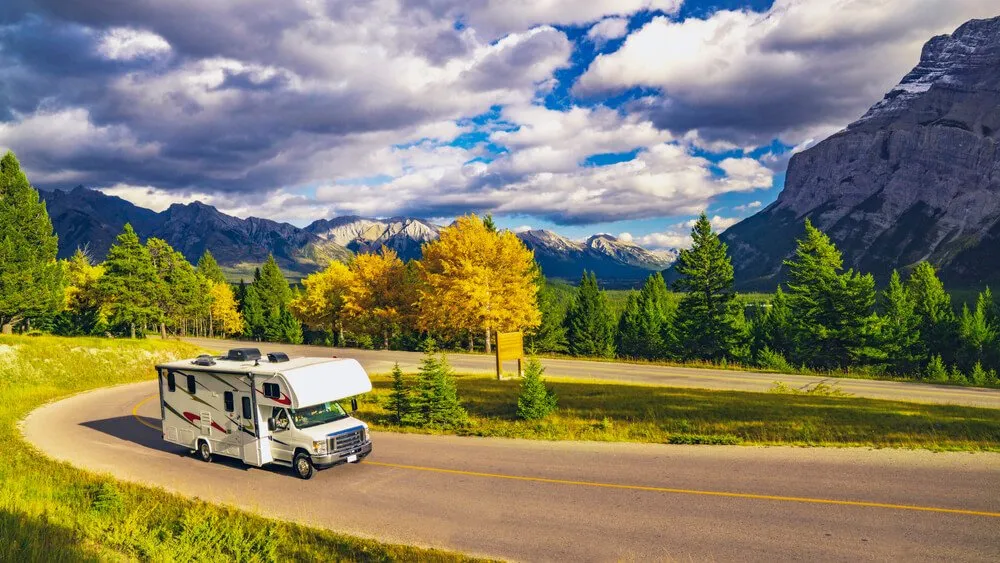Will My RV Insurance Premium Go up If I File a Claim?

Your RV insurance costs won’t automatically go up just because you’ve filed a claim. In case you file an insurance claim, an adjuster will assess the related incident photos and police report and talk to witnesses of the accident. Whether your rates will rise depends on liability and fault. Here’s detailed information on this topic.
Fault or At-Fault
At-fault insurance claims often lead to an increase in insurance premiums. At-fault claims include DUIs, bodily injury, citations, speeding tickets, and fender-benders. Conversely, your insurance rates are less likely to increase if your RV insurance claim isn’t due to an at-fault incident. Here are instances where you may make a claim due to incidences you aren’t liable for:
A rogue driver hits you and fails to stop.
Your RV is damaged by a falling tree.
Someone rams into your RV while it’s parked legally.
While you can’t be certain that these non-at-fault incidences won’t lead to an uptick in premiums, you can be assured that they are less likely compared to at-fault claims.
Claims on Vacation Liability
RVs insurance comes with certain unique insurance protections, unlike standard auto insurance. For instance, RV insurance offers vacation liability which protects your RV when parked and if the RV is damaged while you’re not present. Additionally, if a visitor is in a bad slip and fall accident while exiting your RV, you may be liable for their injuries. In this case, your insurer may increase your premiums because liability claims for medical and legal expenses can be costly. This is also true for property damage incidents that happen outside your RV. For instance, if your kid accidentally kicks a soccer ball through the windshield of the RV parked next to yours. After filing the property damage liability claim with your insurer, you may see an uptick in premiums. However, you won’t necessarily pay the higher RV insurance costs forever.
Can Your Insurance Rates Go Back down after a Claim?
If your insurance rates go up after a claim, overtime can decrease. RV insurers consider multiple factors when setting your insurance rates. Your driving record is a key consideration. If your premiums go up due to an accident, you can help lower your premiums by ensuring your driving record remains clean after the incident. Other factors that affect your RV insurance rates include:
RV location: If you’re in a zip code with a higher cost of living, your rates may be higher. You may also pay higher rates if your RV is garaged in an area prone to risks like hurricanes or crime.
Type of RV: Typically, the more expensive you RV, the higher your premiums.
Use of RV: If you live in your RV, you’ll need different coverages compared to someone who uses their RV occasionally.
Coverage Choices: Some RV coverages are required by lenders, insurance companies, or the law. But you may choose to get a policy that offers higher coverage limits than what’s required, increasing your premiums.
Multiple Policy Discounts: You may get a discount if you purchase your RV insurance from the same company that insures your home or vehicle.
How to Get the Right RV Insurance
For an insurance policy that will adequately protect you and your RV, contact us at Jack Stone Insurance Agency. Our team is always ready to assist you.







